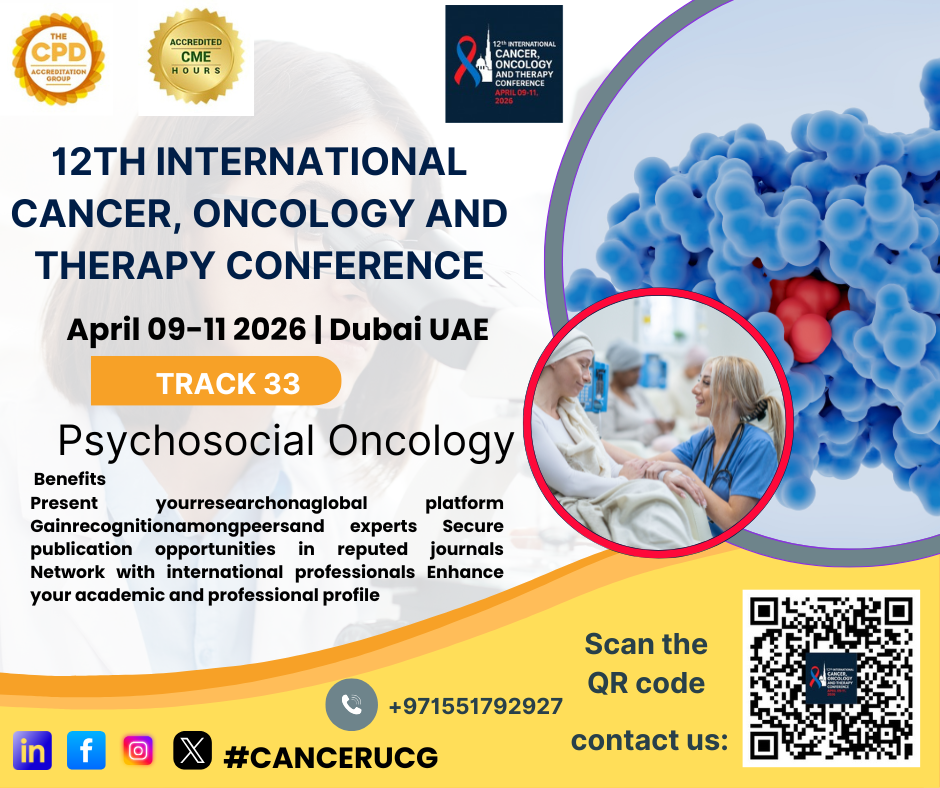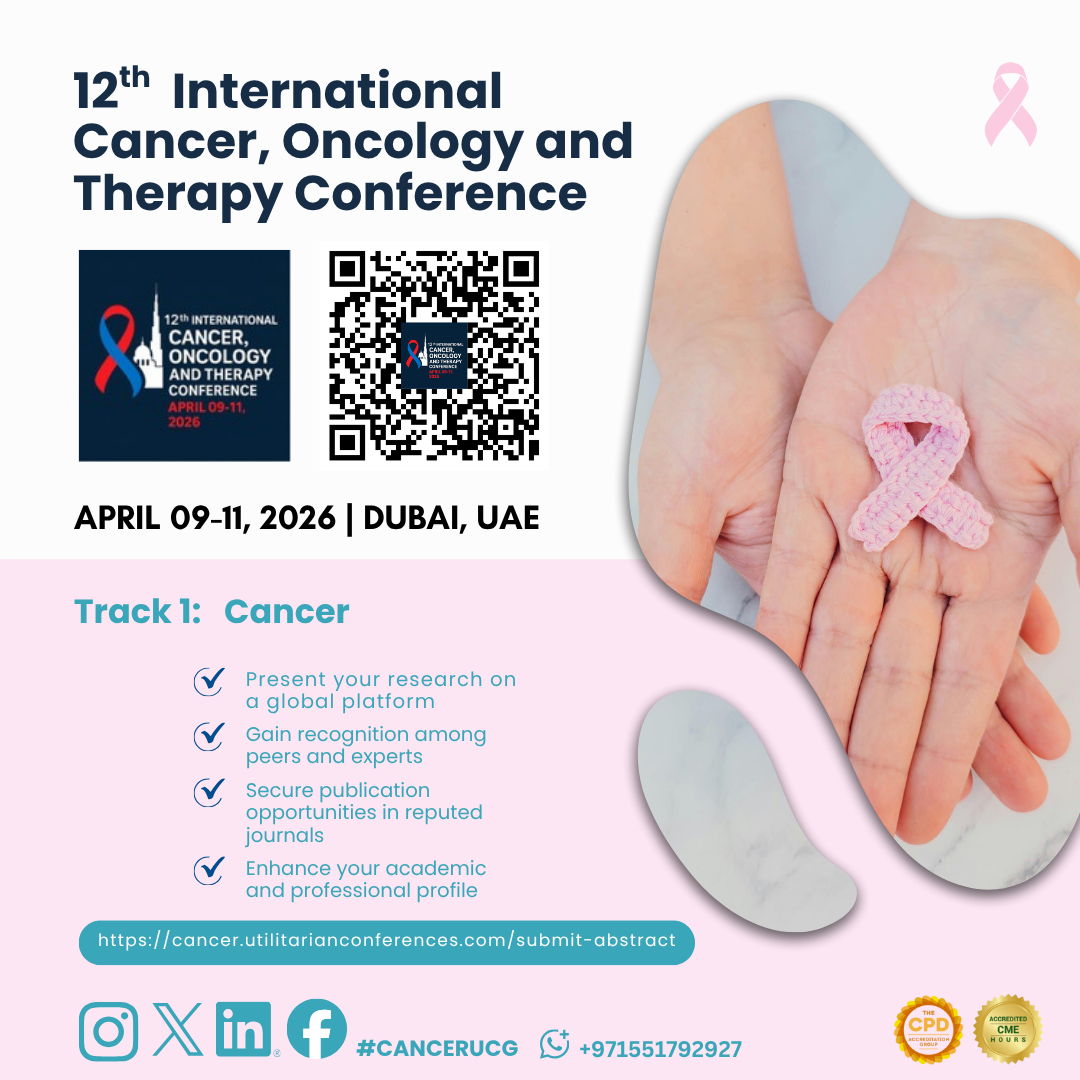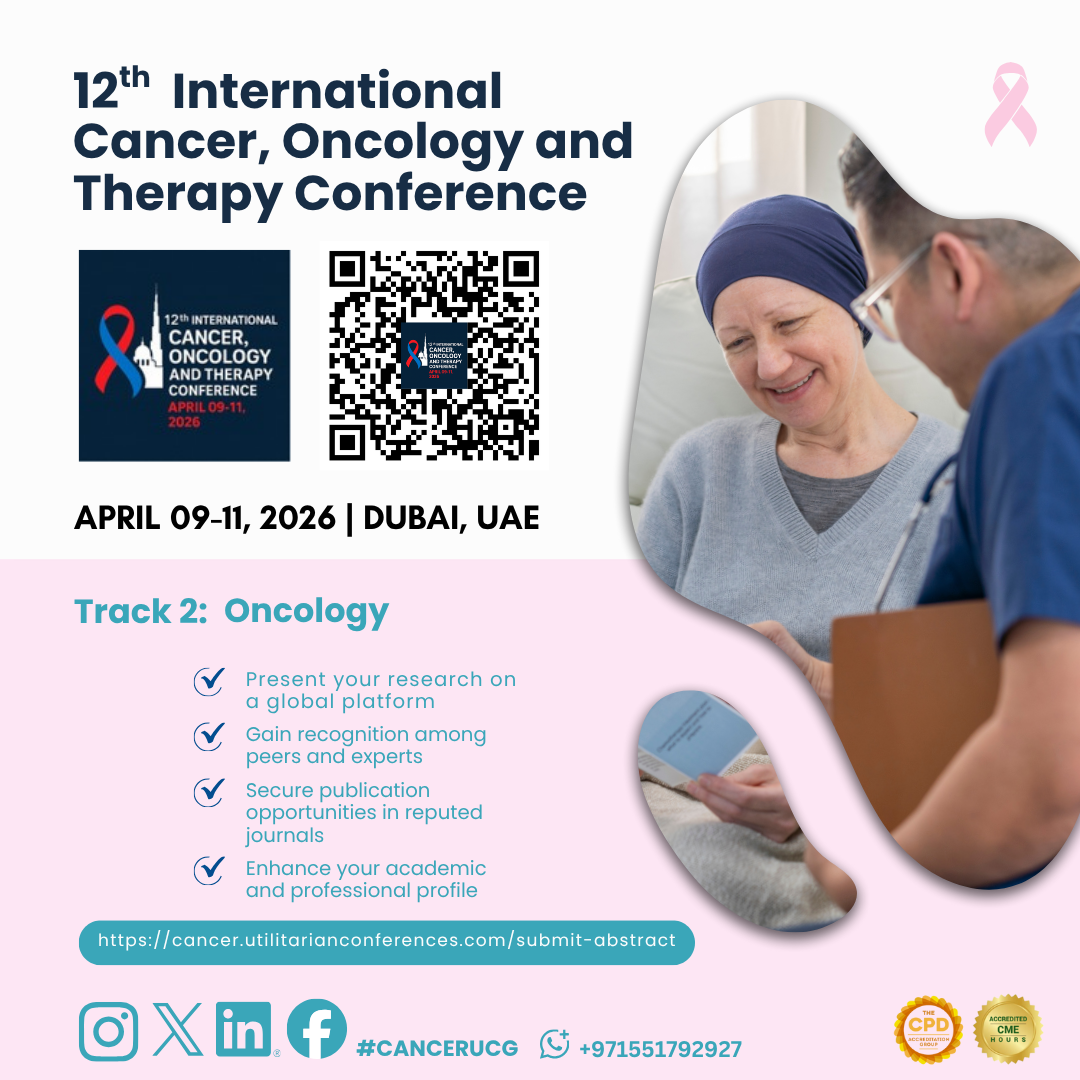Psychosocial Oncology is a multidisciplinary field at the intersection of oncology
and mental health. It focuses on addressing the psychological, emotional,
social, and spiritual challenges faced by individuals affected by cancer,
including patients, families, and caregivers.
Key Aspects of Psychosocial
Oncology:
- Emotional Support:
- Managing anxiety, depression, fear of
recurrence, and other emotional responses to a cancer diagnosis and
treatment.
- Providing coping strategies to deal with grief,
loss, and uncertainty.
- Social Support:
- Addressing issues related to relationships,
social roles, and isolation.
- Connecting patients and families with support
groups, community resources, and social services.
- Psychological Assessment and
Intervention:
- Screening for psychological distress and mental
health conditions.
- Offering therapeutic interventions such as
counseling, cognitive-behavioral therapy (CBT), and mindfulness-based
therapies.
- Practical Support:
- Helping patients navigate financial,
occupational, and legal challenges associated with cancer treatment.
- Providing education on how to communicate with
healthcare providers and manage medical information.
- Family and Caregiver
Support:
- Recognizing and addressing the emotional burden
of caregiving.
- Offering resources to help caregivers maintain
their own well-being.
- Palliative and End-of-Life
Care:
- Supporting patients and families in making
decisions about advanced care planning.
- Helping individuals find meaning and peace
during end-of-life stages.
- Spiritual Care:
- Addressing existential questions and spiritual
concerns related to illness and mortality.
- Collaborating with chaplains or spiritual
advisors as needed.
- Research and Education:
- Studying the psychosocial impact of cancer and
the effectiveness of interventions.
- Training healthcare providers to integrate
psychosocial care into oncology practice.





